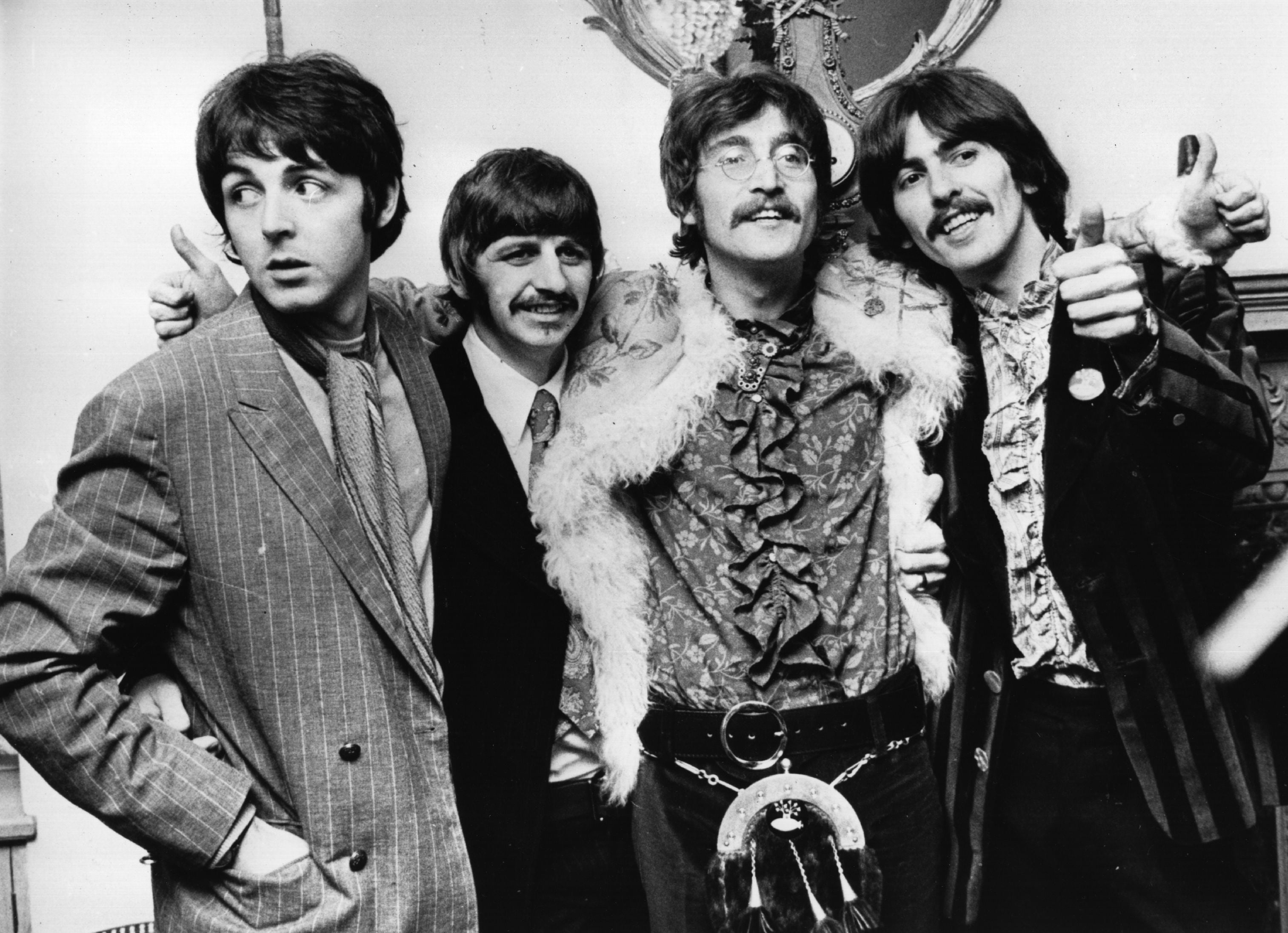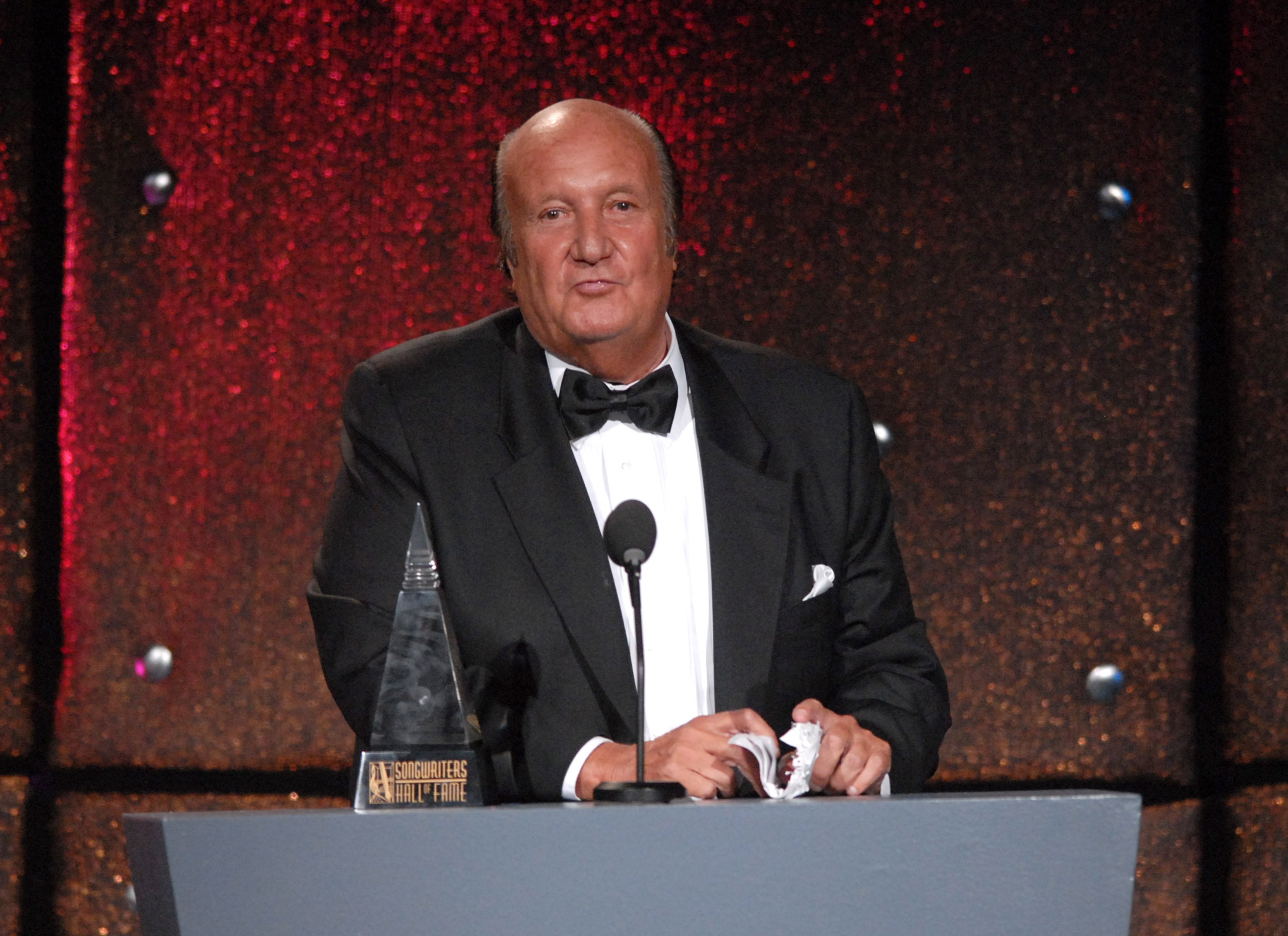
The Monkees: Don Kirshner Said The Beatles Evolved Alongside Their Fans
TL;DR:
- The Monkees’ supervisor discussed how The Beatles’ fans grew up with their idols.
- He compared the evolution of someone’s music tastes to the evolution of someone’s reading level.
- The Beatles and The Monkees both evolved.

The Monkees‘ supervisor had a strong reaction to The Beatles’ “When I’m Sixty-Four.” During the same interview, he said the Fab Four changed as their audience changed. He also discussed his views on the band’s artistic integrity.
In 1968, The Monkees’ music supervisor discussed how The Beatles’ fans were growing older and getting married
According to the 2015 book Psychedelic Bubble Gum: Boyce & Hart, The Monkees, and Turning Mayhem Into Miracles, The Beatles were one of many bands that inspired the Prefab Four. Don Kirshner served as The Monkees’ music supervisor.
During a 1968 interview with New York, he discussed the evolution of The Beatles. “The Beatles start at age 19-20, whatever, and go up to 26, 27,” he said. “Forgetting about what The Beatles are doing, their fans’ tastes change. They get married, they become businessmen. And because of that natural evolution, their tastes change.”

The Monkees’ supervisor had a strong opinion on ‘When I’m Sixty-Four’
Kirshner discussed the evolution of someone’s literary tastes. “When you’re 13, 14 you read Robinson Crusoe, and then when you’re about 16, 17, you read The Amboy Dukes, or The Blackboard Jungle,” he said. “Then you start reading better novels, then you start reading the best-sellers.”
He discussed “When I’m Sixty-Four.” “When The Beatles do ‘When I’m Sixty-Four,’ the melody line is great,” he said. “You don’t lose artistically what you have; you just dress it up differently. Also, there’s an idol image going for them, and it’s sort of the thing to do to grow up with your idol.”
How The Beatles and The Monkees evolved over time
Kirshner’s take on The Beatles is interesting. It’s true the Fab Four started their career making bubblegum pop songs like “Love Me Do” and “I Want to Hold Your Hand.” Subsequently, they started experimenting with folk music on tracks such as “Nowhere Man” and “Norwegian Wood (The Bird Has Flown).” By the time Kirshner gave this interview in 1968, The Beatles had made a pair of psychedelic albums — Sgt. Pepper’s Lonely Hearts Club Band and Magical Mystery Tour.
Notably, The Monkees evolved as well. The group made their name with bubblegum pop but they experimented with several genres before graduating to psychedelia with the album Pisces, Aquarius, Capricorn & Jones Ltd. as well as the movie Head and its soundtrack.
While they had their differences, The Beatles and The Monkees both proved bands can evolve with their audiences.


